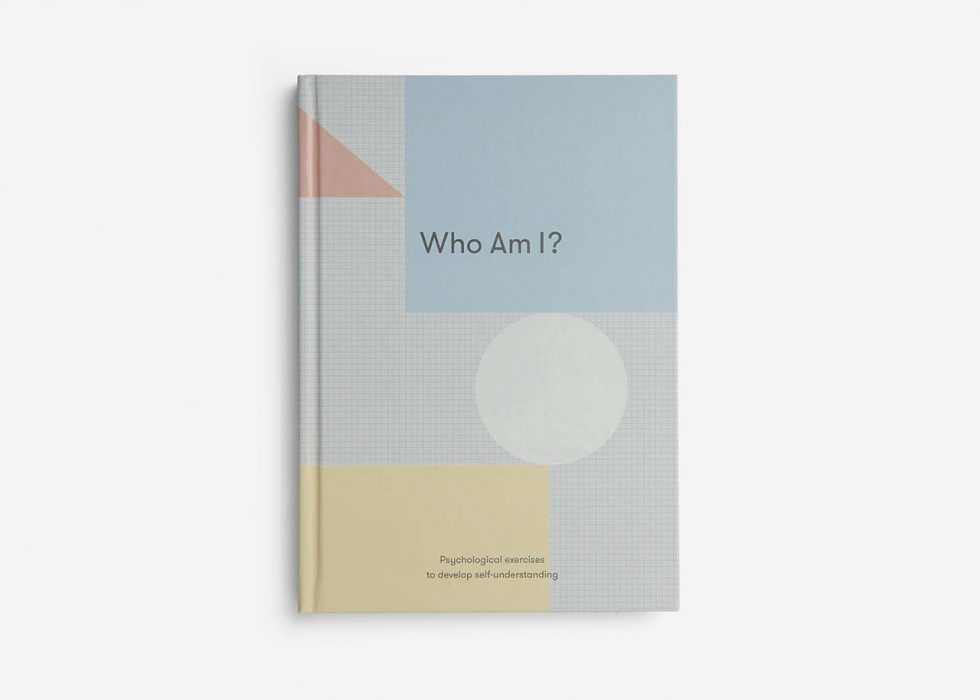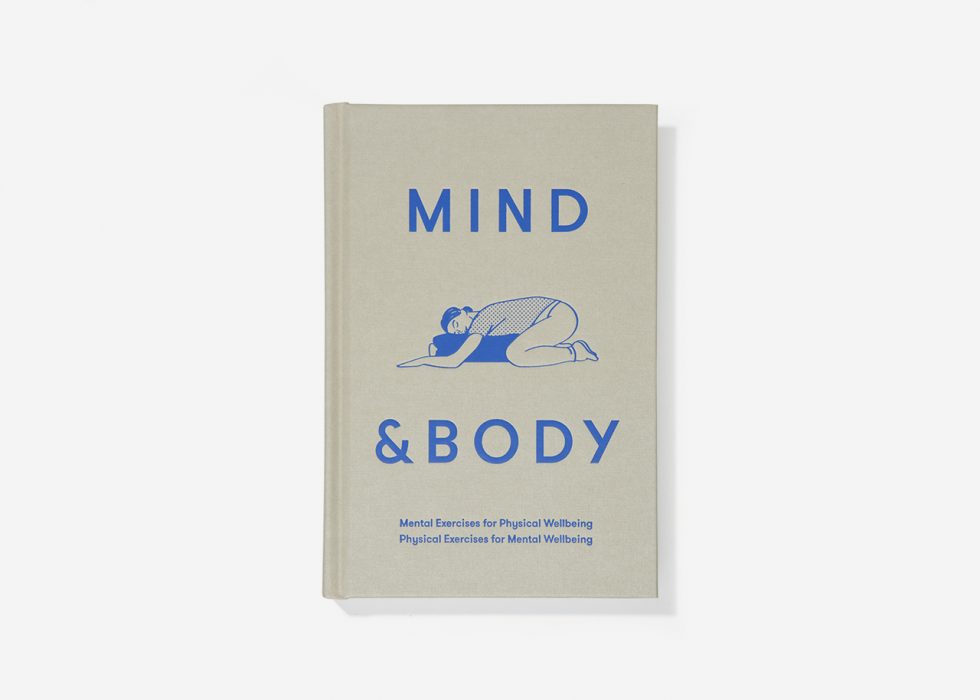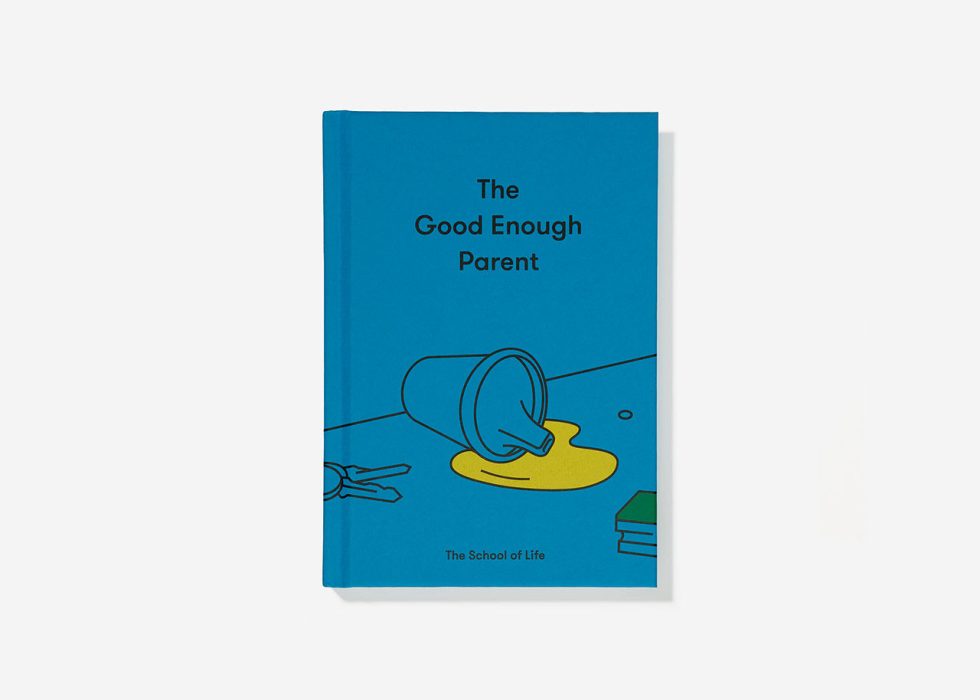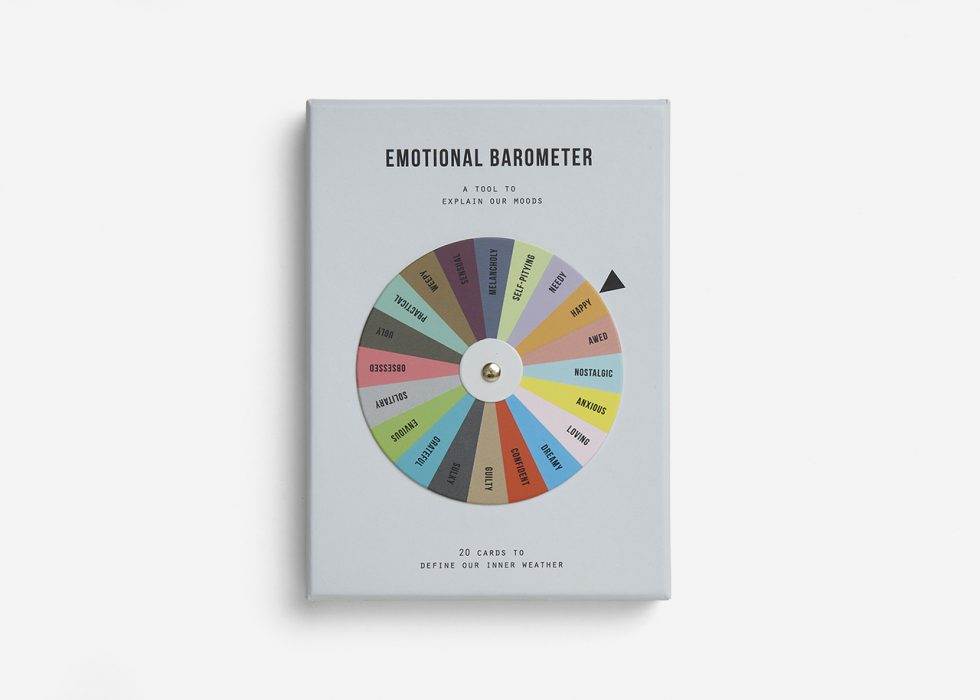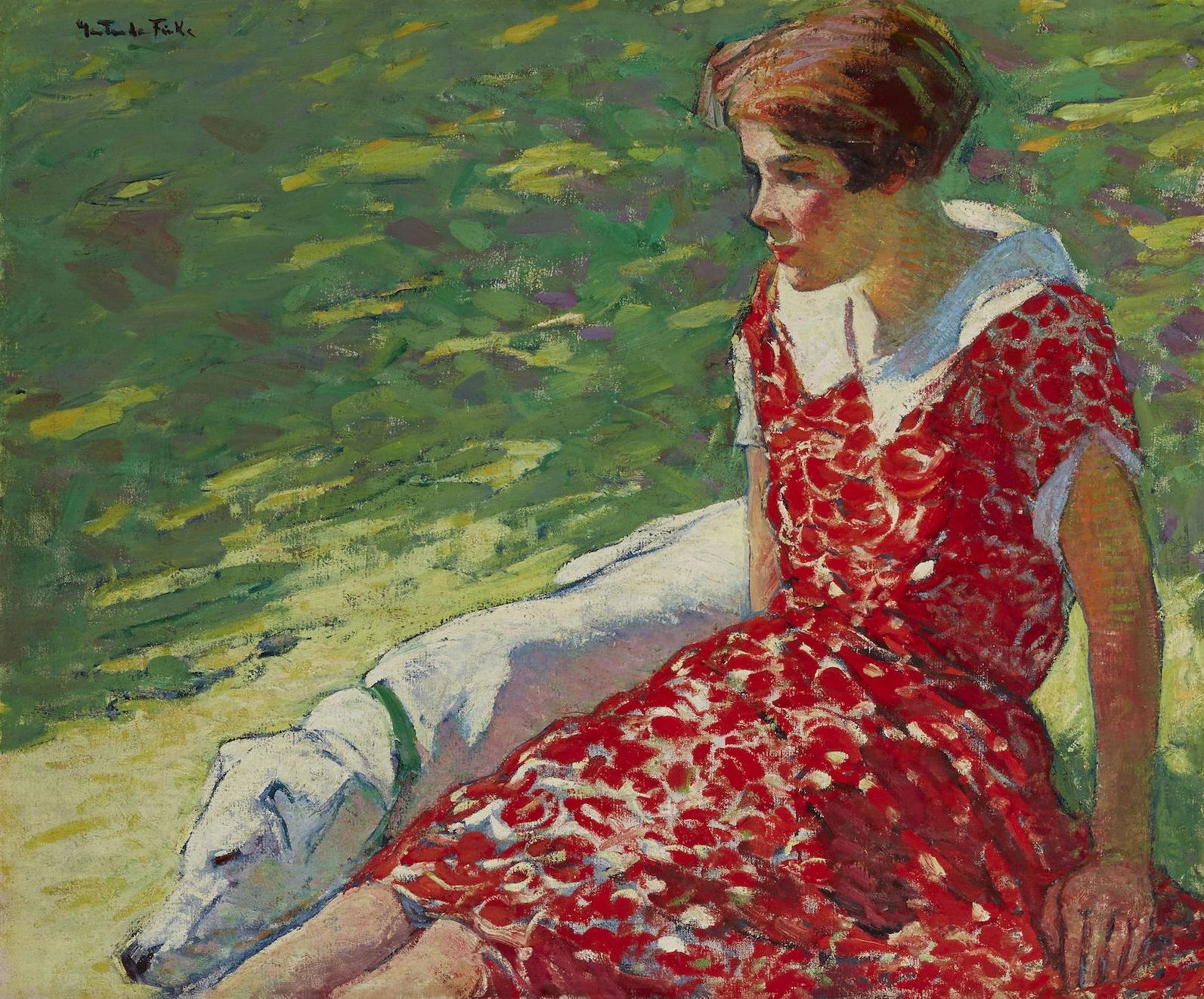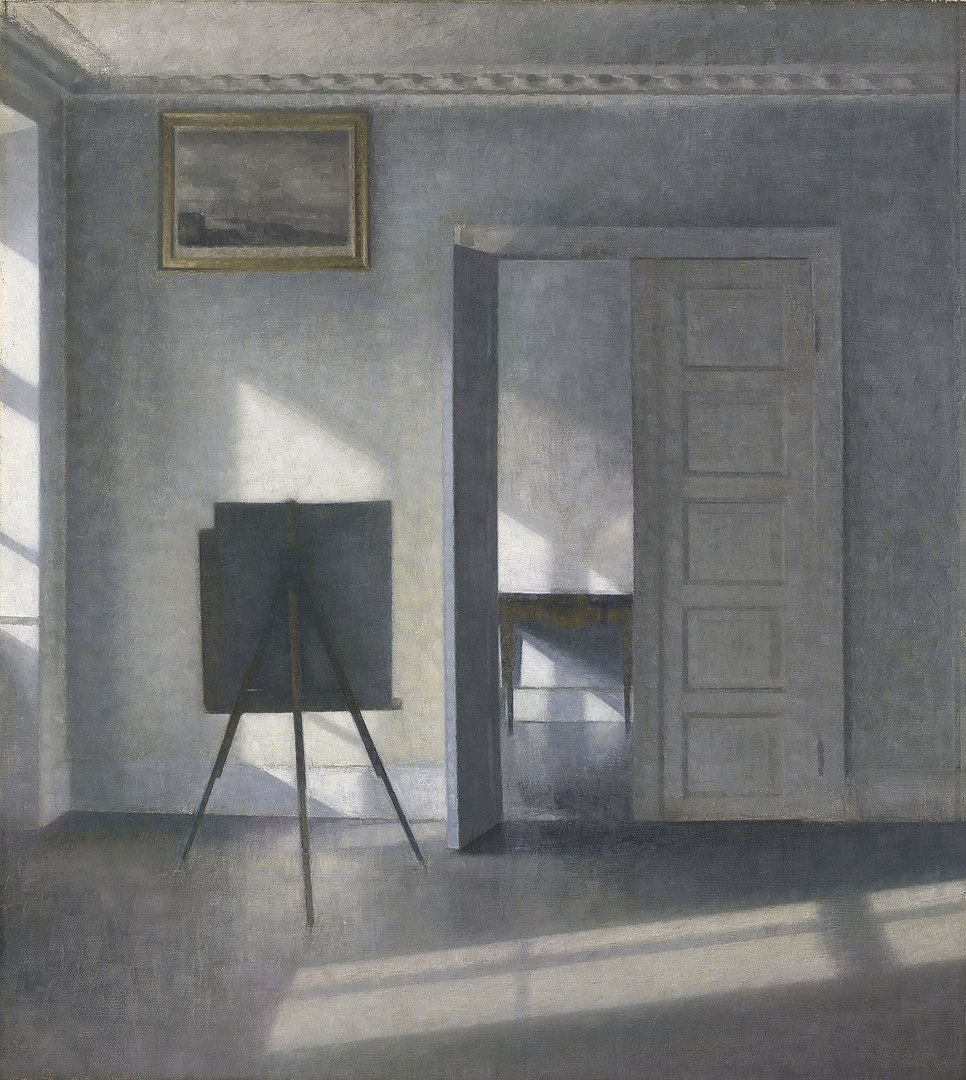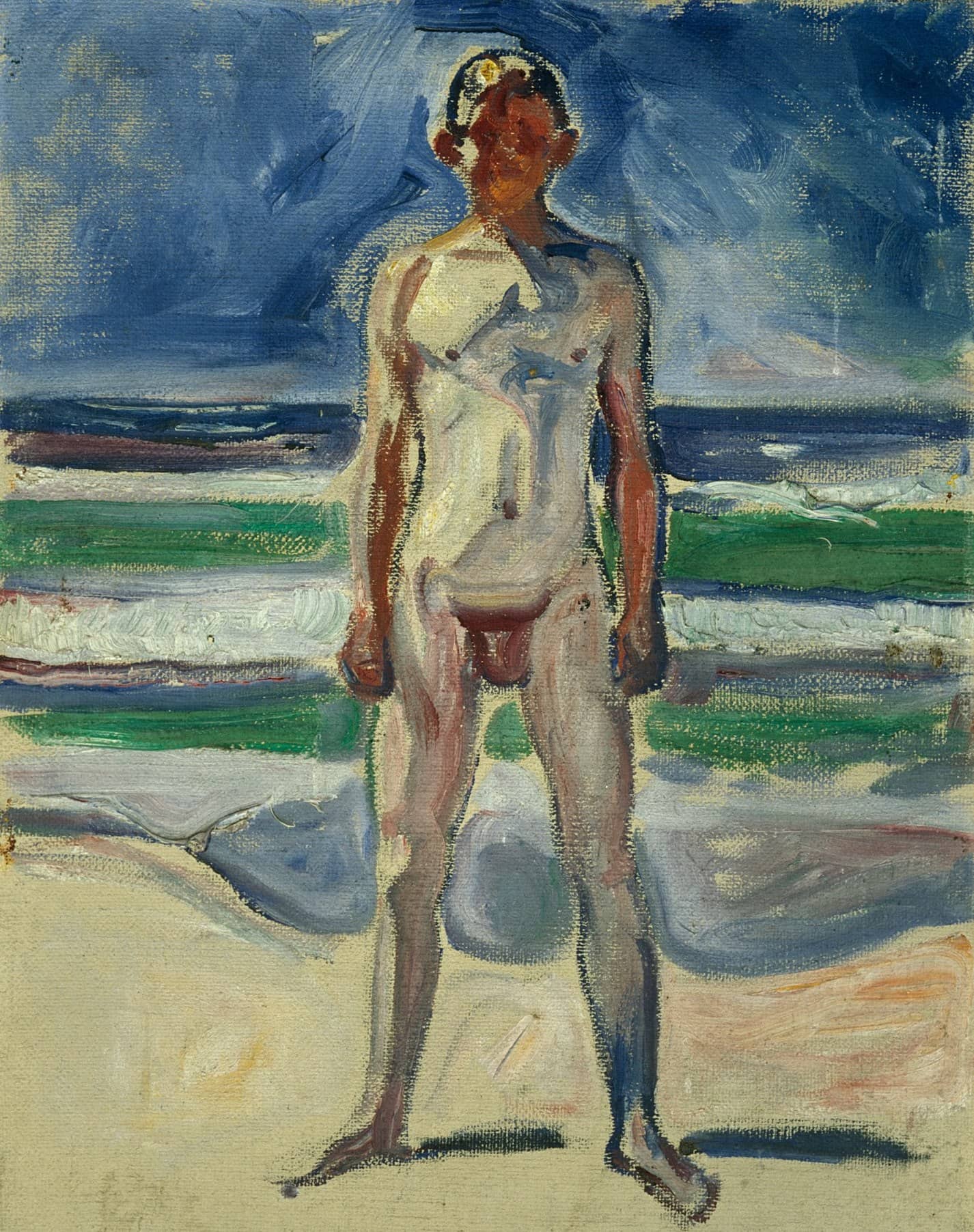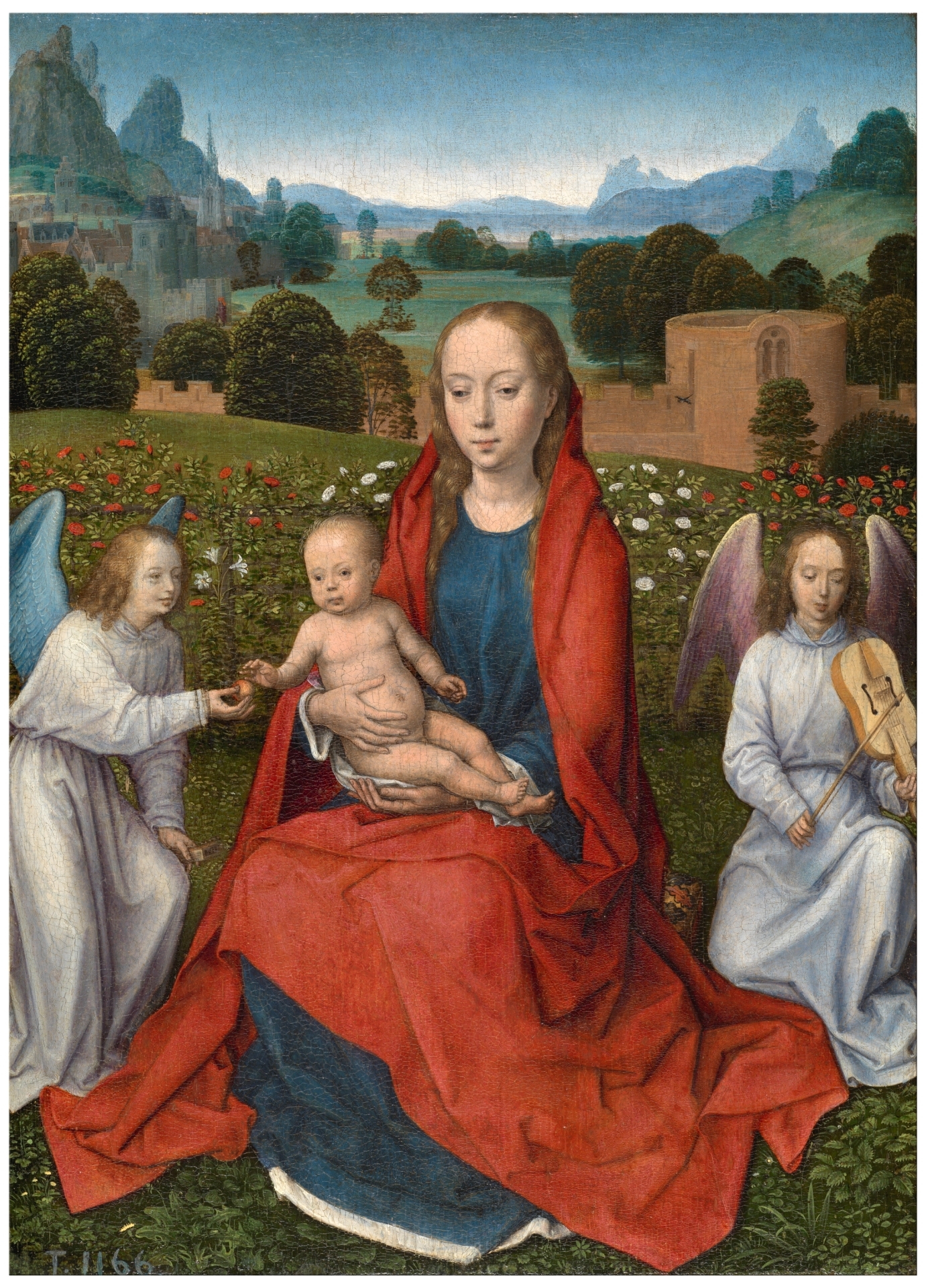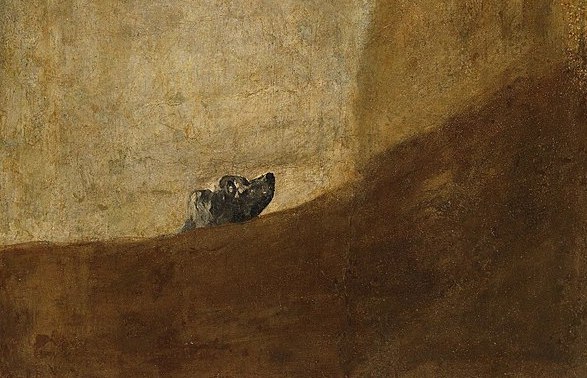Self-Knowledge • Trauma & Childhood
Why We Are Haunted by Ghosts of the Past
We may feel that it is a uniquely Western neurosis, especially one afflicting people who have spent too long in psychotherapy, to go on about one’s relatives and their contribution to one’s unhappiness – to be twenty-five or sixty-two and still turning over in one’s mind how mum or grandpa have been responsible for spoiling one’s relationships or ruined one’s life.
But in case we thought this approach irritatingly modern and self-indulgent, we should keep in mind that every traditional African society has entertained comparable thoughts. From the Yoruba of West Africa to the Oromo of Ethiopia and the Hutu of Rwanda and Eastern Congo, the patterns are always the same: one’s parents or relatives die and one then has to handle their ghosts or spirits with immense care – or face grave mischief.
In Yoruba culture, those whose minds have been giving them difficulties have traditionally gone to visit a highly revered therapeutic figure known as a diviner or a ‘babalawo’. The assumption is that mental troubles must be the result of discord in our relations to one of our dead ancestors, who inhabit the invisible – but active – spirit world called ‘orun’ – as distinct from the tangible every day realm termed ‘aye’. In a spiritual consultation, a diviner will take a measure of a sufferer’s particular history – and to do so, will make use a highly prized object called an ‘iroke ifa’, a stick-like divination tapper, which they will start to beat rhythmically on the ground.
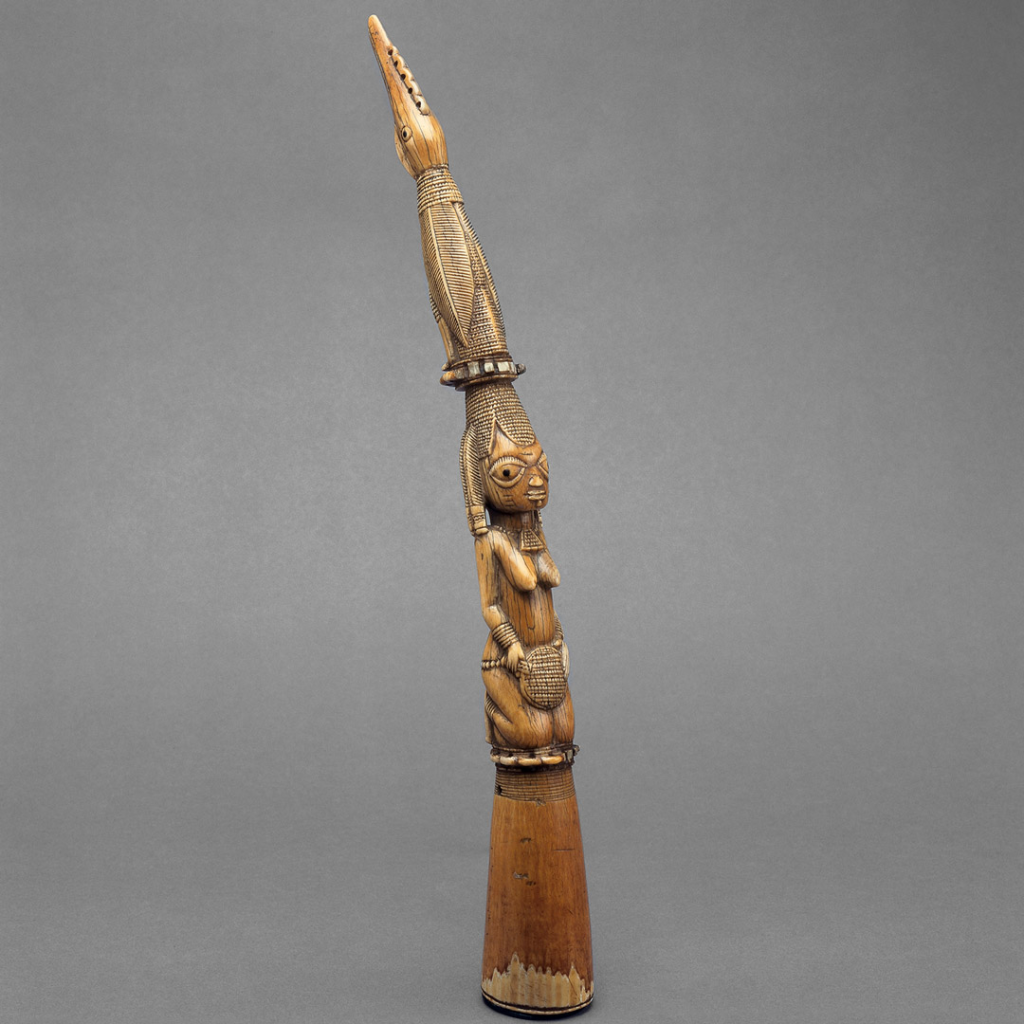
The sound of this tapper creates a special atmosphere that separates the session from the day to day – and helps to relax the sufferer, rendering them more responsive to the babalawo’s interventions and focused on perturbing ancestors above. Appropriately, the tappers’ designs typically show a solemn kneeling figure representing the sufferer – on top of whose head is carved a divine bird, with the power to fly into the spirit world and connect with the invisible dead.
The babalawo doesn’t merely speak about a given ancestor with their client, they directly speak to this ancestor as a means of resolving the issues at play. Someone might – for example – arrive complaining of feeling like an impostor at work and of their tendency to sabotage their best professional efforts. The babalawo might suggest that their success in business might be threatening or humiliating to the long-dead father that the client described as an impressive but tyrannical figure. At which point the babalawo might do one of two things: either have a conversation with the father explaining that the offspring had every right to thrive. Or, if the father seemed resistant to argument and continued to appear vengeful, then the babalawo would firmly banish them deeper into the spirit world and forbid them from ever intervening again in the realm of the living.
The Western world takes huge pride in the psychological intelligence that led to the emergence of psychotherapy. We don’t need to denigrate the achievement behind this discipline to realise that much that was thought to have been discovered only in the modern age may in reality have been known about for a long time already, albeit in slightly different terms. Quite what one might have to do to keep an ancestor from ruining one’s life may change from society to society but the underlying feeling that one must try something is universal. The idea is fundamentally the same. The spirits of the past have the power to throttle the present. The headaches or the impotence, the paranoia or the bad marriage have to do with ghosts. People from the past are everywhere, doing unholy things – and the wise have always payed them enough attention to loosen their grip and get on with their lives.


